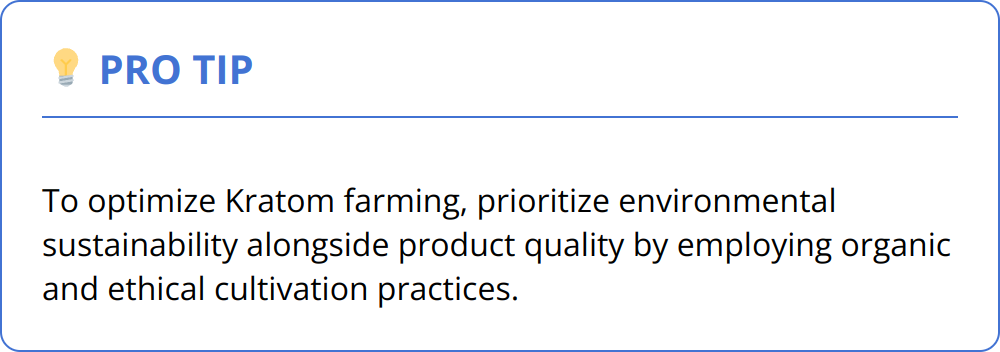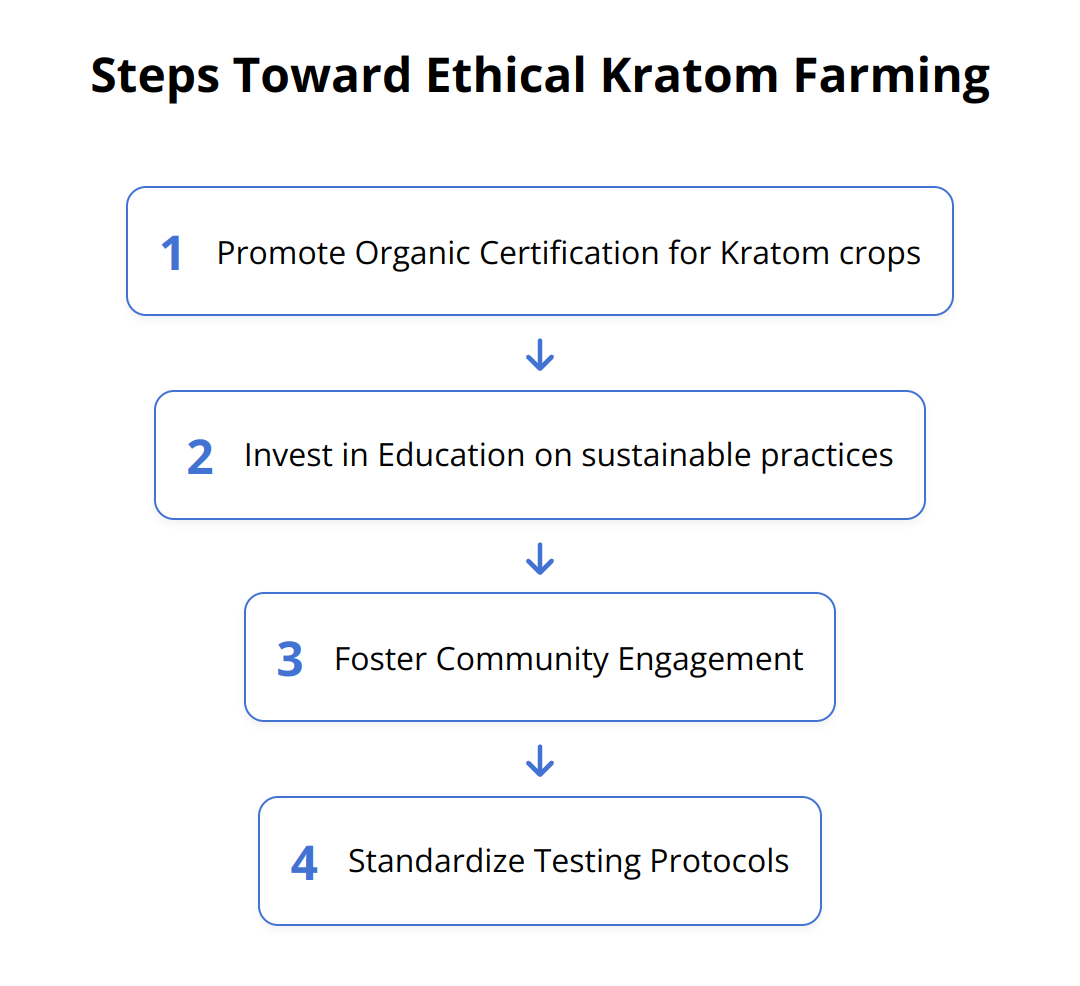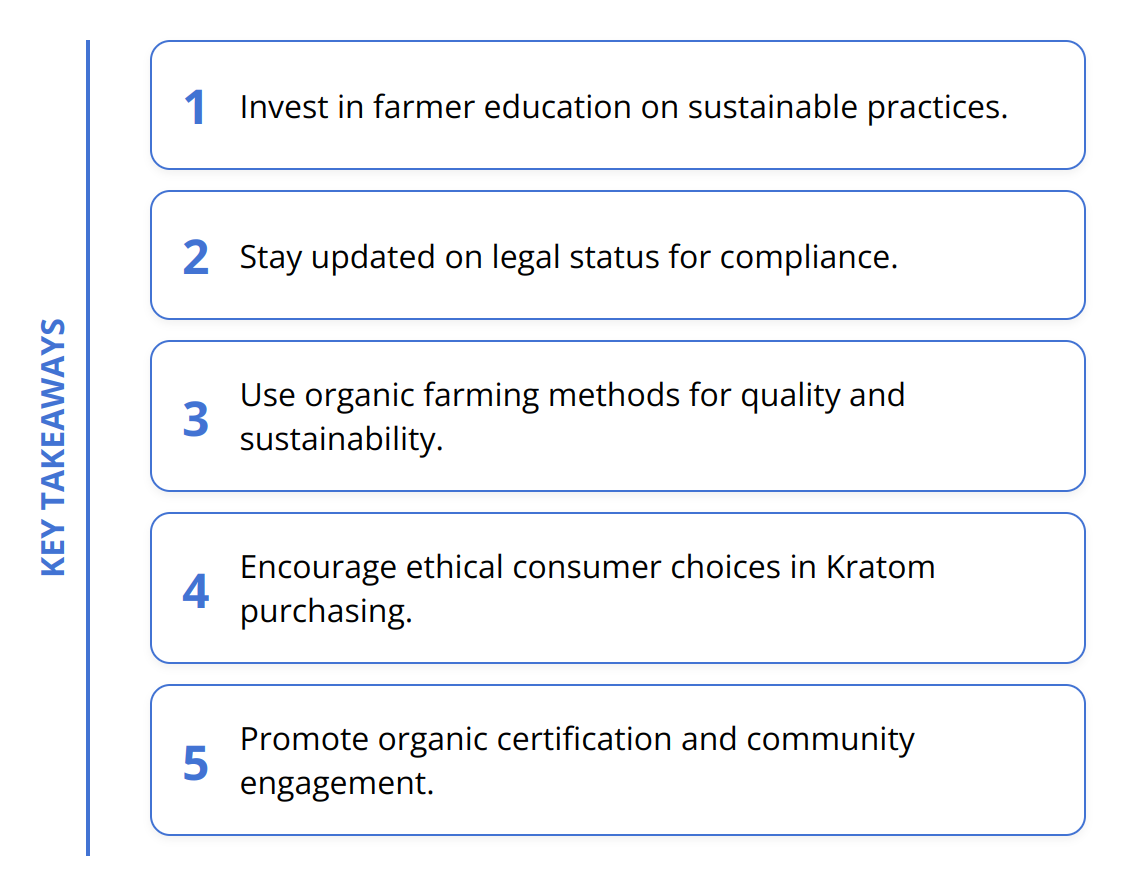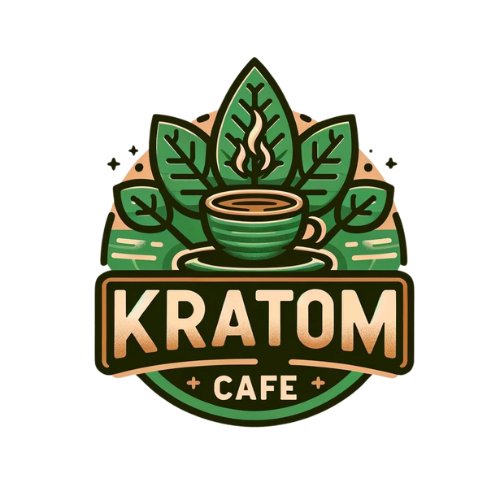We at Kratom Cafe believe deeply in the power of ethical farming practices in shaping the future of Kratom production. Ethical farming isn’t just a trend; it’s a necessity for sustainability, worker rights, and product quality. In this blog post, we will explore the essential role of ethical practices in the cultivation of Kratom. Join us as we discuss the challenges, solutions, and best practices for achieving a sustainable and ethical Kratom farming industry.
Why Ethical Farming Is Key
Ethical farming stands at the core of sustainable Kratom production. It ensures a future where Kratom can be produced without harming the environment, exploiting workers, or compromising the quality and safety of the product. The impact of ethical farming practices on sustainability, worker rights, and product quality in Kratom production cannot be overstated.
Ensuring Sustainability and Biodiversity
Practices such as hand-harvesting and avoiding harmful chemicals protect the delicate ecosystems where Kratom is grown. Sustainable farming practices ensure that natural resources are replenished, making sure that Kratom can continue to be produced for future generations without degrading the environment. These practices help maintain biodiversity, essential for the health of the planet and the quality of the Kratom produced.

Protecting Worker Rights and Livelihoods
Working closely with local farmers on small-scale farms not only supports communities but also upholds ethical labor practices. Avoiding exploitation and ensuring fair wages and safe working conditions are paramount. Collaborating directly with Kratom farmers empowers communities and promotes a model where everyone benefits – from the farmer to the end consumer.
Maintaining Product Quality and Safety
The absence of toxic chemicals in the processing of Kratom products is not just beneficial for the environment, but it also ensures that the final product is safe for consumption. Ethical farming practices lead to a higher quality product, as the Kratom is grown in its most natural state, free from the influence of synthetic substances that could alter its properties.
To grasp the full spectrum of how ethical practices influence Kratom quality, one must understand the direct link between how Kratom is produced and the result that ends up in consumers’ hands.
For those seeking more information on sustainable Kratom brands, exploring resources like sustainable Kratom brands can offer deep insights into how choosing ethically farmed Kratom makes a difference.

In summary, the adoption of ethical farming practices in Kratom production has tangible benefits:
-
Preservation of ecosystems and biodiversity
-
Fair treatment and improvement in the quality of life for workers
-
Production of high-quality, safe Kratom products
As the demand for Kratom grows, it’s imperative that these practices become the norm rather than the exception. This ensures not only the sustainable production of Kratom but also contributes positively to the global environment and communities involved in its production.
Overcoming Ethical Farming Obstacles
Achieving ethical Kratom farming is fraught with various challenges that need immediate attention and strategic solutions. First and foremost is balancing quality with ethical practices. High-quality Kratom production demands specific environmental conditions and meticulous care. Ensuring that these standards are met while adhering to ethical practices requires comprehensive knowledge and considerable investment. It is paramount for farmers to be educated on sustainable techniques that do not compromise the soil’s health or deplete other natural resources.
Another significant barrier is navigating the complex web of regulatory and economic hurdles. The legal status of Kratom varies around the globe, complicating export, import, and cultivation practices. Farmers and vendors must stay informed about the constantly changing regulations to ensure compliance and avoid jeopardizing their livelihood. An understanding of the legal status of Kratom is essential for anyone involved in the industry. Economically, the high demand for Kratom, combined with its complex cultivation process, can lead to fluctuations in pricing and availability. This instability can deter farmers from adopting ethical farming practices that may be perceived as less profitable.

Addressing the environmental impact of Kratom farming is equally critical. While traditional farming methods in Southeast Asia, where Kratom is native, are inherently sustainable, scaling production to meet global demand risks increasing the ecological footprint. Strategies like crop rotation, organic farming, and reforestation must be employed to prevent soil depletion, loss of biodiversity, and deforestation.
For Kratom farming to be truly sustainable and ethical, collaboration among all stakeholders – from the farmers to the consumers – is vital. Consumers play a role by choosing products from brands that prioritize ethical practices, driving demand for responsibly farmed Kratom. Meanwhile, farmers need access to resources that enable them to farm ethically without compromising their economic stability.
-
Invest in education for farmers about sustainable and ethical practices.
-
Stay informed on legal changes to ensure compliance in all aspects of cultivation and distribution.
-
Prioritize organic farming methods to protect the environment and improve product quality.
-
Build a community around ethical Kratom farming to share knowledge, resources, and support.
Overcoming these challenges is not only crucial for the sustainability of Kratom production but also for ensuring the longevity of the industry as a whole. By implementing these practices and fostering a community that supports ethical farming, we can secure a future for Kratom that benefits everyone involved.
Enhancing Ethical Kratom Farming
Ethical Kratom farming lies in the heart of sustainable production and consumer satisfaction. Adopting sustainable farming techniques, ensuring fair trade and worker welfare, and implementing strict quality control measures are imperative. These steps are no longer optional but essential actions that need immediate adoption to keep the Kratom industry thriving and ethically sound.
Sustainable Farming Techniques
The foundation of ethical Kratom farming is built on sustainable techniques. These methods not only improve the quality of Kratom but also ensure the longevity of farming lands. Embracing organic farming, avoiding synthetic fertilizers and pesticides, and practicing soil conservation techniques are essential. Crop rotation and using natural pest control methods help maintain soil health and biodiversity. These practices ensure that the Kratom produced is not only of higher quality but also sustainable over long periods.
Fair Trade and Worker Welfare
Fair trade principles and worker welfare must be at the forefront of ethical Kratom farming. Ensuring fair compensation, safe working conditions, and supporting local communities is paramount. Engaging in direct trade practices can elevate the living standards of Kratom farmers and their communities. By investing back into these communities, the Kratom industry can foster a model of growth that is beneficial for everyone involved.
Quality Control Measures
Quality control is the linchpin in the chain of ethical Kratom farming. Implementing rigorous testing for contaminants and maintaining a traceable supply chain are steps that cannot be compromised. Ensuring the purity and safety of Kratom products through laboratory testing is essential for consumer trust. Additionally, adopting standard farming and processing protocols across the industry can increase consistency and reliability in the quality of Kratom products.

Here are a few practical steps towards implementing these practices:
-
Promote Organic Certification: Encourage and support farmers in obtaining organic certification for their Kratom crops.
-
Invest in Education: Provide resources and training for farmers on sustainable farming techniques and organic practices.
-
Foster Community Engagement: Engage in community projects that support the regions where Kratom is grown, enhancing the well-being of workers and their families.
-
Standardize Testing Protocols: Develop and adhere to industry-wide quality control standards for testing Kratom products.

By focusing on these key areas, the Kratom industry can ensure that it remains sustainable, ethical, and profitable. The choice to prioritize these practices reflects a commitment to excellence, sustainability, and the well-being of all parties involved in the production and consumption of Kratom.
For insights into implementing quality control measures and fostering ethical farming practices, exploring articles on Kratom quality control and sustainable farming techniques can provide valuable guidance.
Final Thoughts
Ethical practices in Kratom production are more than admirable goals; they are necessities for preserving the integrity of the environment, respecting the dignity of labor, and ensuring the safety and quality of Kratom products. At Kratom Cafe, we firmly believe that ethical farming and manufacturing practices lay the foundation for a sustainable Kratom industry that benefits everyone involved, from the farmers in Southeast Asia to consumers around the globe. Yet, achieving this future requires more than good intentions; it demands active participation and informed choices by consumers and producers alike.

Consumers hold significant power through their purchasing decisions. By opting for Kratom products from sources that prioritize ethical farming and fair trade, consumers can drive the demand towards more sustainable and ethical practices. This, in turn, encourages farmers and producers to adopt those practices that not only safeguard the environment but also ensure the wellbeing of local communities and the production of high-quality products. Therefore, consumer awareness and responsibility are pivotal in shaping the future of Kratom farming.
Looking towards a sustainable and ethical future for Kratom farming, it is essential to focus on education, community engagement, and the development of industry-wide standards. Educating farmers on sustainable techniques, consumers on the importance of ethical practices, and engaging communities in the countries where Kratom is grown can help build a more robust and ethical Kratom industry. Furthermore, the adoption of standardized quality control measures will ensure consistency and safety across the board.
As we navigate the challenges and opportunities ahead, it is clear that the path to a sustainable and ethical Kratom industry is paved with collective efforts and shared responsibility. By choosing to support ethical practices, we contribute to a healthier planet, fairer communities, and superior Kratom products.
For those eager to deepen their understanding of Kratom and its impact on health, society, and the environment, Kratom Cafe remains your dedicated guide. Join us in our mission to promote a sustainable and ethical future for Kratom, where the welfare of our planet and its inhabitants is prioritized alongside the pursuit of quality and innovation in Kratom production.

